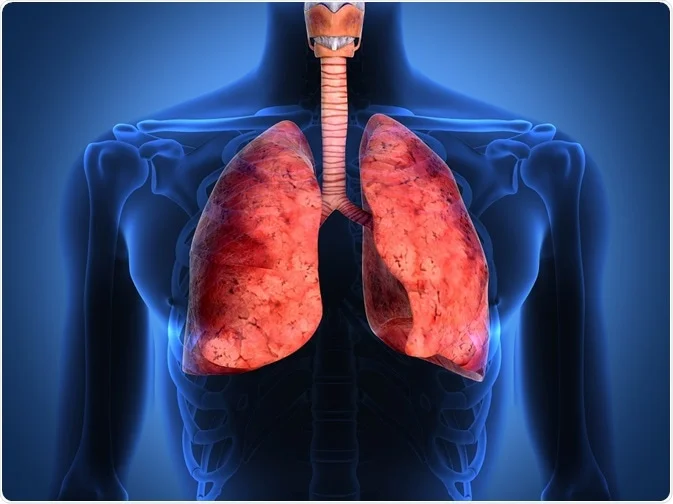Introduction
Supporting a child with Attention Deficit Hyperactivity Disorder (ADHD) involves a multifaceted approach that addresses their unique needs and challenges. ADHD can affect various aspects of a child’s life, including academic performance, social interactions, and self-esteem. As a parent, caregiver, or teacher, providing effective support can make a significant difference in a child’s development and well-being. This article outlines practical strategies and approaches to support a child with ADHD, focusing on creating a supportive environment, implementing effective interventions, and fostering positive relationships.
Understanding ADHD
What is ADHD?
Definition:
ADHD is a neurodevelopmental disorder characterized by symptoms of inattention, hyperactivity, and impulsivity. These symptoms can impact a child’s ability to focus, follow instructions, and regulate their behavior.
Symptoms:
Common symptoms of ADHD include difficulty staying on task, excessive fidgeting, impulsive actions, and difficulty organizing activities.
Impact on Daily Life
Academic Challenges:
Children with ADHD may struggle with organization, completing assignments, and following classroom rules.
Social Interactions:
Impulsivity and difficulty focusing can affect relationships with peers and family members.
Emotional Well-being:
ADHD can contribute to low self-esteem, frustration, and increased stress.
Creating a Supportive Environment
Establish Routines
Consistent Schedule:
Implementing a consistent daily routine helps children with ADHD understand what to expect and provides structure. Consistent wake-up times, meal times, and bedtimes are beneficial.
Visual Schedules:
Use visual aids, such as charts or calendars, to help children understand and follow their daily routine.
Organize the Space
Create a Study Area:
Designate a quiet, organized space for homework and study. Ensure it is free from distractions and equipped with necessary supplies.
Declutter:
Keep living and learning spaces tidy to minimize distractions and help the child focus on tasks.
Use Positive Reinforcement
Reward Systems:
Implement a reward system to reinforce positive behaviors. This could include earning tokens, stickers, or other incentives for completing tasks and following rules.
Praise and Encouragement:
Offer frequent praise and encouragement for efforts and accomplishments, no matter how small.
Implementing Effective Interventions
Behavioral Strategies
Clear Expectations:
Set clear, achievable expectations for behavior and tasks. Use simple, concise instructions and repeat them as needed.
Consistent Discipline:
Apply consistent and fair disciplinary measures for inappropriate behavior. Ensure that consequences are immediate and related to the behavior.
Academic Support
Individualized Education Plan (IEP):
If your child is in school, work with educators to develop an IEP or 504 Plan that addresses their specific needs and provides accommodations.
Tutoring and Extra Help:
Consider additional academic support, such as tutoring or after-school programs, to help your child succeed in their studies.
Therapeutic Interventions
Behavioral Therapy:
Behavioral therapy can help children with ADHD develop coping strategies and improve their behavior. It often involves working with a therapist to address specific challenges and goals.
Social Skills Training:
Social skills training can help children with ADHD learn appropriate social behaviors and improve their interactions with peers.
Fostering Positive Relationships
Open Communication
Listen Actively:
Encourage open dialogue and actively listen to your child’s concerns and feelings. Validate their experiences and offer support.
Discuss ADHD:
Age-appropriate discussions about ADHD can help children understand their condition and feel more empowered.
Build Self-Esteem
Focus on Strengths:
Highlight and celebrate your child’s strengths and interests. Engaging in activities they excel at can boost their confidence and self-worth.
Encourage Independence:
Allow children to take on responsibilities and make choices within their abilities. This fosters a sense of accomplishment and self-reliance.
Promote Social Interaction
Facilitate Friendships:
Encourage participation in social activities and peer groups. Help your child develop social skills and build positive relationships with others.
Support Extracurricular Activities:
Involvement in sports, clubs, or hobbies can provide a sense of achievement and offer opportunities for socialization.
Collaborating with Professionals
Work with Educators
Regular Communication:
Maintain open communication with teachers and school staff. Discuss your child’s progress, challenges, and any accommodations they may need.
Attend Meetings:
Participate in meetings related to your child’s education, such as IEP or 504 Plan meetings, to ensure their needs are being met.
Seek Professional Help
Consult Specialists:
Work with healthcare professionals, such as pediatricians, psychologists, or psychiatrists, for a comprehensive approach to managing ADHD.
Consider Support Groups:
Join support groups for parents of children with ADHD. These groups can offer valuable resources, advice, and emotional support.
Self-Care for Caregivers
Manage Stress
Prioritize Self-Care:
Taking care of your own physical and emotional well-being is crucial. Engage in activities that help you relax and recharge.
Seek Support:
Don’t hesitate to seek support from friends, family, or mental health professionals if you feel overwhelmed.
Educate Yourself
Learn About ADHD:
Stay informed about ADHD medication and effective strategies for support. This knowledge can empower you to better assist your child and advocate for their needs.
Stay Updated:
Keep up with new research and developments in ADHD management to provide the best support possible.
Conclusion
Supporting a child with ADHD requires a thoughtful, proactive approach that addresses their unique needs and challenges. By creating a structured environment, implementing effective interventions, fostering positive relationships, and collaborating with professionals, you can help your child thrive despite the difficulties associated with ADHD. Additionally, prioritizing self-care for caregivers is essential to maintaining a healthy and supportive family dynamic. With patience, understanding, and consistent effort, you can make a significant positive impact on your child’s development and overall well-being.




